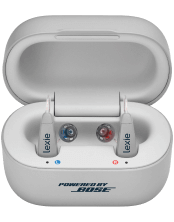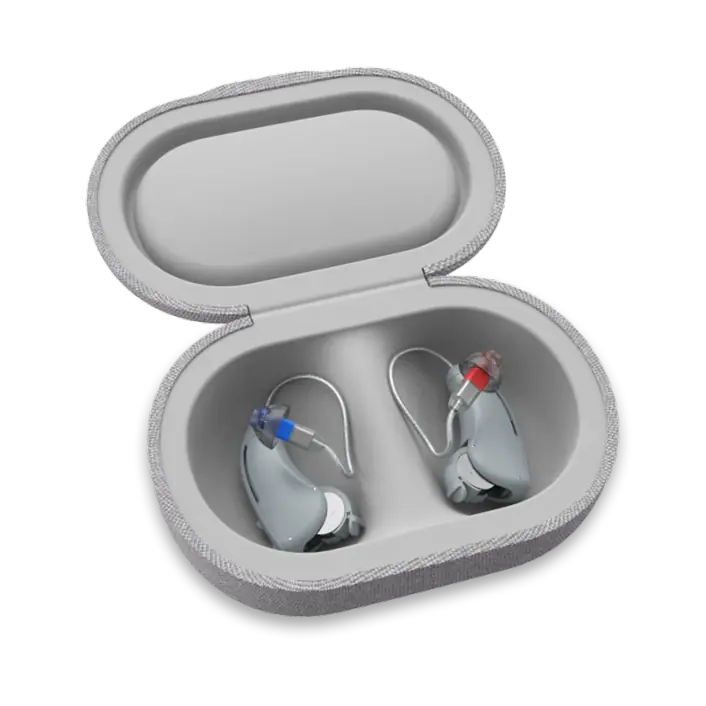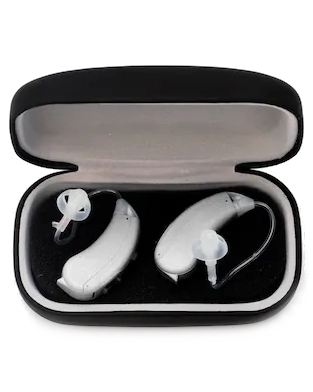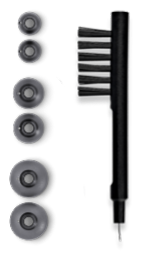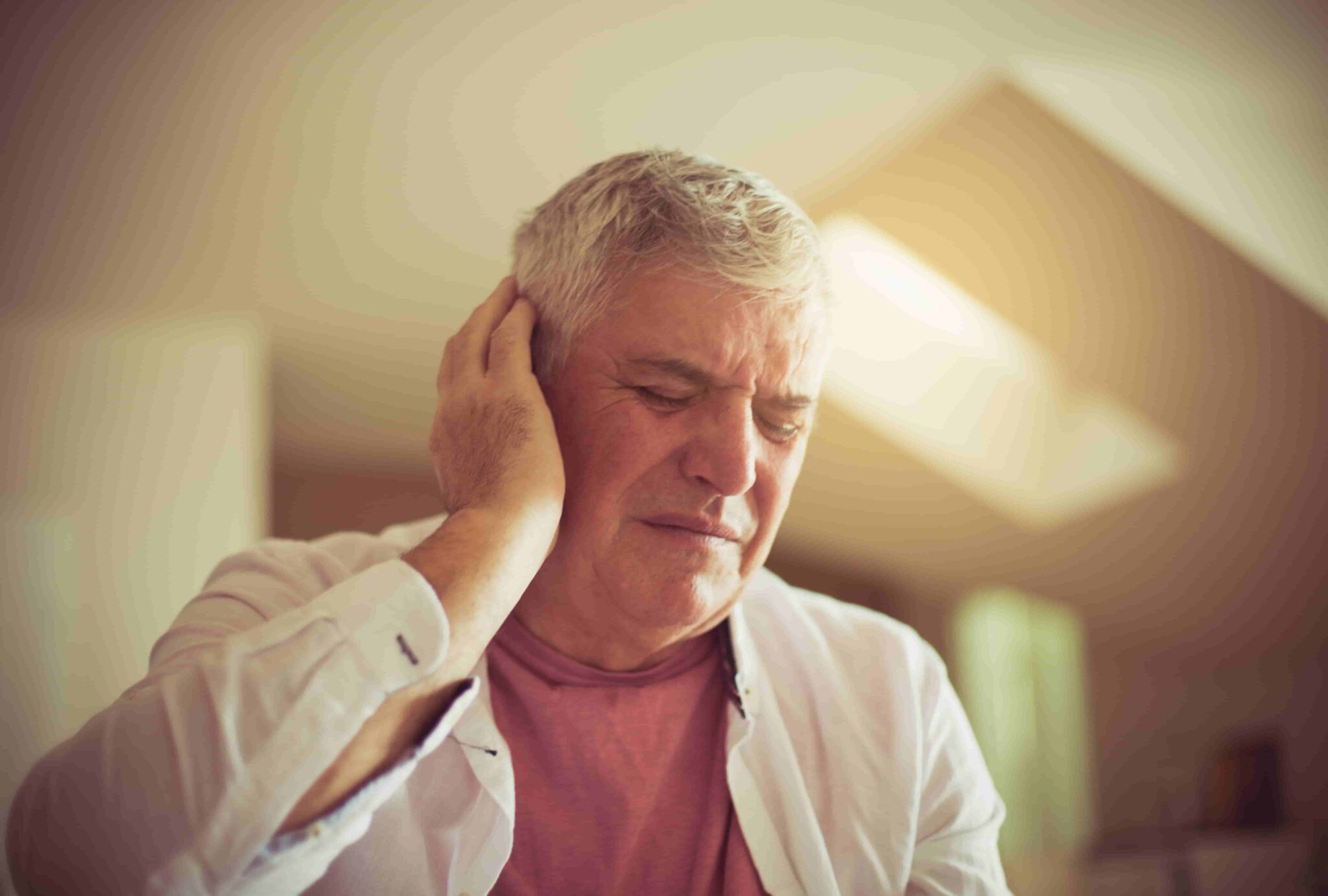6 Ear Ringing Myths: The Truth About Ringing in the Ears
Published: December 7, 2021
Updated: July 19, 2022
An incessant noise. A constant screech that won’t stop. It’s enough to drive anyone mad. Ringing in your ears, known as tinnitus, is the sensation of hearing a ringing or buzzing sound with no external source. While there is no instant cure for tinnitus, it can usually be managed with proper care. However, it’s helpful to know the most common ear ringing myths so that you can properly manage your tinnitus.
6 Ear Ringing Myths
Myth #1: It’s a disease
Tinnitus is often thought to be a disease. It isn’t.
While it can be a symptom that’s indicative of an underlying medical condition, it usually stems from damage to the inner ear. Causes can range from age-related hearing problems to an ear injury, or even diabetes. If you’re concerned about your tinnitus, it’s best to consult a doctor or hearing health professional. They can diagnose the root cause before exploring options available to alleviate the symptoms.
Myth #2: Diet changes will get rid of it
Another common ear ringing myth is that changing your diet will eliminate tinnitus. While a healthy diet can improve your quality of life, there is little to no evidence that diet can rid you of ringing in the ears. Some people with tinnitus claim that alcohol, sugar, and caffeine aggravate tinnitus. But, cutting these from your diet will not cure it. Maintaining a healthy diet rich in vitamins and minerals can benefit your overall well-being. It may even limit the perceived intensity of tinnitus. You can find a list of foods that positively impact hearing health here.
Myth #3: It only affects people going deaf/with hearing loss
While tinnitus and hearing loss often go hand in hand, it doesn’t only affect people with hearing loss. A similar misconception is that tinnitus will only affect you if you’re going deaf. Constant ringing in the ears has many different causes. This includes new medication, a medical condition, or exposure to loud noise.
Myth #4: It’s the only sign of tinnitus
Ringing in the ears might be what springs to mind for most people when they think of tinnitus. But, tinnitus is the perception of any sound not present in the environment. This may include ringing in the ears, or any other perceived sound like buzzing, hissing, whooshing, or clicking. If your tinnitus sounds like pulsing or a heartbeat, it can indicate a more serious condition. In these cases, it’s recommended that you see a doctor.
Myth #5: It’s chronic and permanent
Another common ear ringing myth is that tinnitus is chronic and permanent and that nothing can be done to relieve the constant ringing. Tinnitus is often temporary. In chronic tinnitus cases, like age-related hearing loss, a hearing professional can offer solutions to lessen and relieve the symptoms.
Ear Ringing Myth #6: Hearing aids cannot help
Hearing aids are often thought to just be a solution to hearing loss and nothing more. However, they are also a highly effective treatment method for tinnitus. Hearing aid technology can address not only hearing loss but also symptoms of tinnitus. As you lose your hearing, the sounds around you no longer mask the sound of tinnitus. Hearing aids can alleviate tinnitus by increasing the volume of external noise. By amplifying these outside sounds, you can reduce your perception of tinnitus. Some hearing aids even provide tinnitus relief through soothing sounds and white noise.
When to See a Professional About Ear Ringing
Although many people experience tinnitus as non-bothersome or have little to no impact on their quality of life, tinnitus whether chronic or temporary can easily be managed with the right care.
If your tinnitus is bothersome, distressing, or impeding your quality of life It is recommended to see your healthcare professional or audiologist. It is also recommended to seek a medical opinion if you experience tinnitus as pulsating or rhythmic in nature.
Article updated on July 19, 2022

